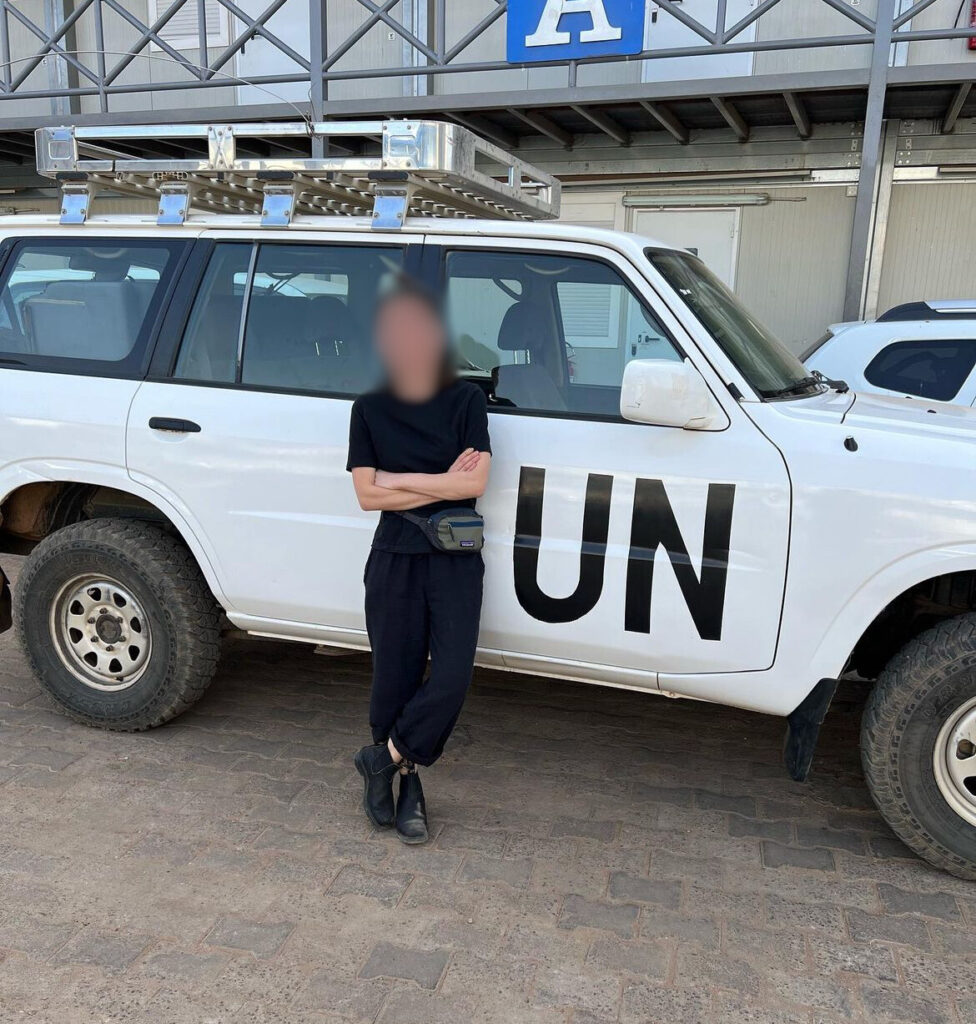As U.S. Foreign Aid Declines, U.N. Agencies Face Significant Budget Cuts and Job Losses

The global humanitarian crisis worsens as several United Nations agencies that provide essential aid to vulnerable populations, including children, refugees, and disaster survivors – are facing job cuts and reduced funding. U.N. officials have attributed these challenges primarily to decreases in financial contributions from the United States. The resulting budget shortfalls are expected to severely impact critical relief programs across the globe.
The U.N. World Food Program (WFP) is planning to reduce its staff by up to 30%. Meanwhile, the U.N. High Commissioner for Refugees (UNHCR) is downsizing its headquarters and regional offices, cutting senior positions by 50%, and reducing its workforce by 30%. Other U.N. agencies, such as UNICEF and OCHA (the U.N. humanitarian agency), have also announced significant cuts.
One WFP official called the reductions the most severe in the past 25 years, with many vital operations being scaled back or shut down entirely. This move is linked to the decision by the Trump administration to reduce U.S. foreign aid, shifting away from the country’s role as the largest global donor. U.N. spokesperson Stephane Dujarric emphasized that these cuts come at a time when military spending is at record highs, making the situation even more dire for the world’s most vulnerable people.
The WFP, which provides food assistance to millions of people struggling with hunger, has announced that it will prioritize its resources for the most urgent programs, affecting millions worldwide. The U.N. refugee agency, UNHCR, which helps over 43 million displaced individuals, has also warned that reduced funding will have devastating consequences, including the loss of food, clean water, shelter, and education services. In countries like Sudan, where the refugee crisis is already severe, this funding gap will worsen the situation, raising the risks of disease outbreaks and further displacement.
UNICEF, the U.N. agency dedicated to children’s welfare, expects a funding reduction of at least 20% in 2025. This comes at a critical time when progress in child welfare is at risk, with a projected increase in challenges for children worldwide. The agency is being forced to implement efficiency measures and prepare for further cost cuts, which could affect life-saving programs and advocacy for children’s rights.
The International Organization for Migration (IOM) and OCHA are also facing deep cuts, with the IOM announcing a 30% reduction in funding, leading to the loss of vital programs and personnel. Similarly, OCHA, which coordinates humanitarian aid efforts globally, is cutting 20% of its staff due to a significant budget shortfall.
As the U.N. approaches its 80th anniversary, it is undergoing a broad reform effort to ensure future sustainability. However, with funding cuts continuing to impact operations, the U.N. faces a daunting challenge in meeting the growing humanitarian needs of the world’s most vulnerable populations.
These funding cuts reflect a broader global trend of reduced foreign aid, which is making it increasingly difficult for U.N. agencies to provide the essential services needed to address crises around the world. As nations prioritize military spending and internal budgets, the global community must consider the consequences of these reductions on the lives of millions of people who depend on humanitarian aid for survival.
Looking for more humanitarian aid related resources? Explore The Global Humanitarian.
- The Difference Between Humanitarian Aid and Development Aid
- Best NGOs for Entry Level Jobs
- United Nations Volunteers Program
- How to Find Humanitarian Aid Jobs in 2025
- How to Get a Job at an International NGO
- Humanitarian CV/Resume Advice and Examples
Comment, subscribe, and follow me on Instagram @the.global.humanitarian
Please note: the views and opinions expressed on this blog are that of my own and do not represent the opinions of any agency mentioned.